 |
Rebecca Egan |
At SeriousFun camps and programs, supporting kids and teens to step out of their comfort zones, discover new skills, and have fun is a cornerstone of our work. Over the past 30 years, camp leaders from across SeriousFun Children’s Network have been using many simple and effective techniques to help campers achieve their full potential. And our counselors know that the best way to avoid challenging behavior is to stay one step ahead. Here’s a roundup of our top, proactive behavior support tips you can try at home!
1. Leverage Structure
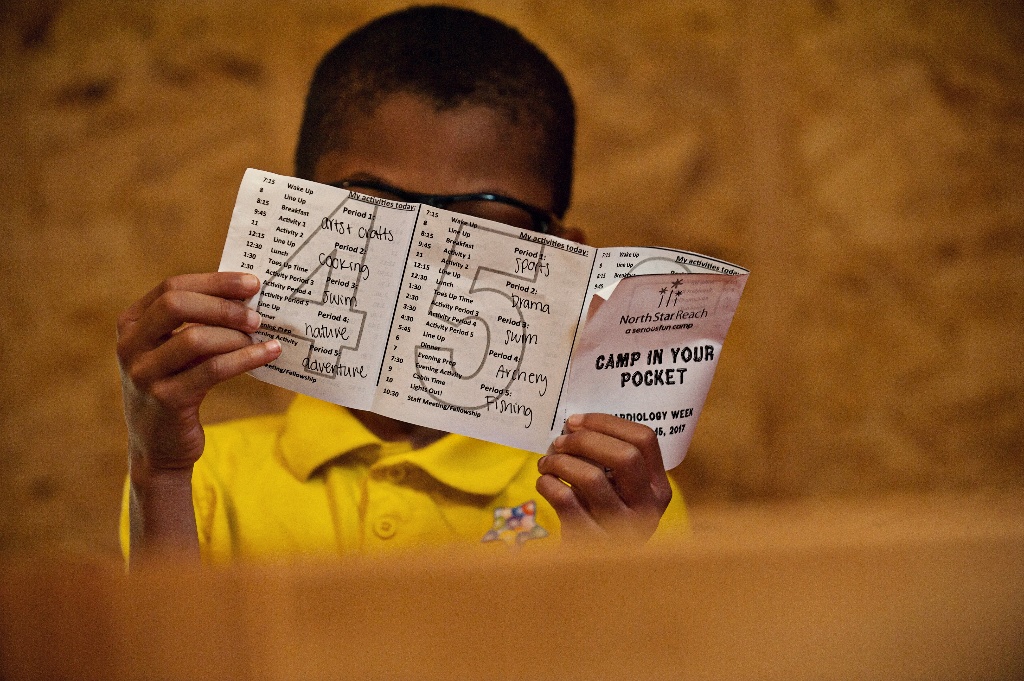
The most obvious way our campers are given structure is through the camp schedule. Breakfast, lunch, and dinner are at the same times each day, as is rest hour, cabin chat, evening program, activity blocks, and the list goes on. Kids need structure. Just like any adult, they appreciate knowing what is to come, and this in turn puts them at ease and helps them feel empowered and in control.
At Home: How might you build structure into your kids’ days? Find tips on building family-friendly routines at home here.
2. Keep Them Engaged!
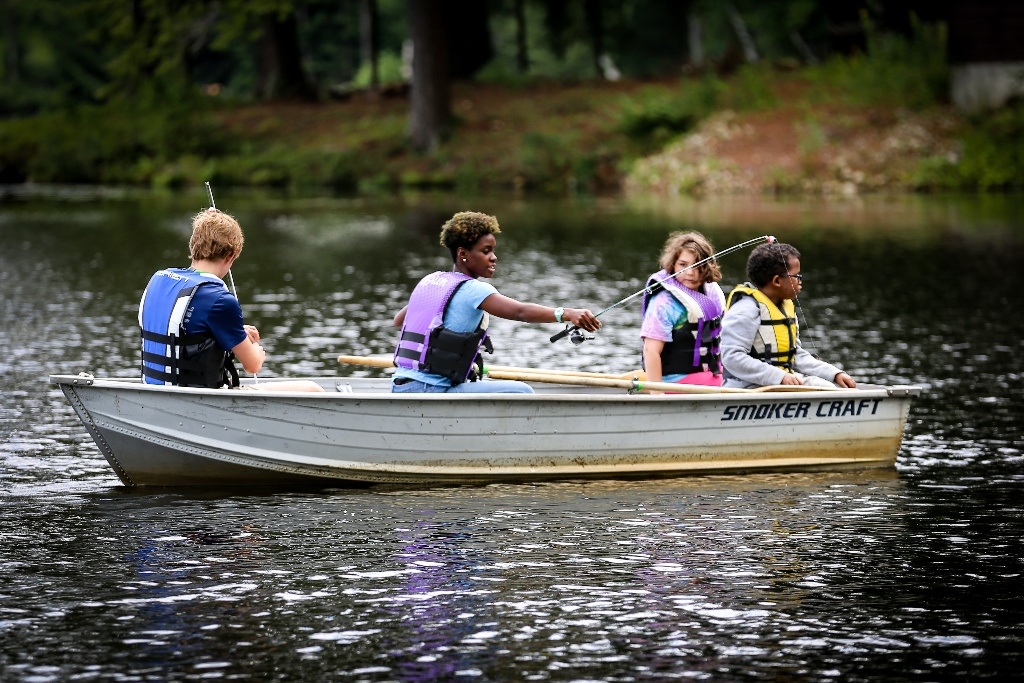
Aside from creating fun and meaningful experiences for campers, there’s another reason why camp schedules are jam-packed with activities. Camp leaders know that when kids are engaged in an activity they enjoy, there’s less room for challenging behaviors to arise. Whether it’s an arts and crafts activity having fun in the kitchen with some delicious s’mores recipes, or performing a simple magic trick around the dinner table, camp counselors always have a list of go-to’s in their back pocket.
At Home: For more camp-inspired activities, recipes, games, and crafts, download our free Rain or Shine Activity Guide.
3. Provide Consistency
At camp, our staff understand the importance of consistency with camp rules. For example, all campers are expected to support cabin cleanup and know this is part of their camp schedule. Consistency creates fairness and safety. Another way that staff maintain consistency is to focus on sharing their attention amongst all campers in their cabin. This ensures that every camper feels valued just as they are, and it eliminates the need for attention-seeking behaviors.
At Home: How might you practice consistency by setting supportive and shared expectations around household chores, schoolwork, or other? Try writing your family’s very own “Cabin Contract” and hanging it someplace visible.
4. Be an Active Listener
-1.jpeg?width=1024&name=Northstar_Reach_Cardiology_2018_148%20(1)-1.jpeg)
A good camp counselor knows that listening attentively and truly seeking to understand what a camper is trying to communicate is a key behavior support technique. Creating time and space for a camper to share their thoughts, asking clarifying questions, and using positive body language are just some of the ways camp staff practice this skill. Understanding the true cause of a camper’s behavior is the first step in moving towards a solution together.
At Home: Looking to foster more active listening and consistent check-ins at home? Here’s how to try Cabin Chat with family or friends.
5. Be a Role Model
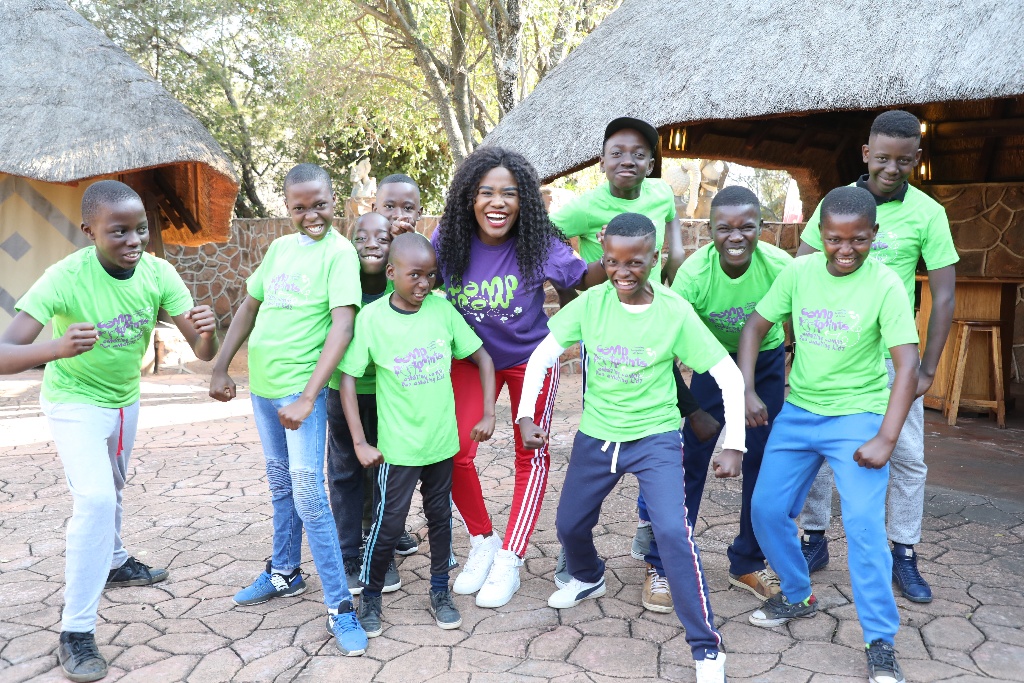
Camp counselors are carefully recruited and then trained to be the best adult role models for our campers. We know that kids are extremely perceptive and will notice how staff interact with other campers and adults, and they will likely copy this behavior. A camper will be excited about an activity if their group leader is also excited about the activity, and a camper might be more inclined to wash their hands before mealtime if their group leader does so as well.
At Home: Simply put, how we frame an activity, event, or opportunity matters. What can you model excitement or appreciation for something at home? Perhaps it’s for meal time, trying new things, quiet time, and so on. Try this Gratitude Scavenger Hunt from our friends at Roundup River Ranch if you need a place to start!
6. Offer Praise
Adults, kids and teens alike—who doesn’t like being told they’ve done a great job? At camp, we like to make praise as specific and meaningful as possible. Using a model we call "Describe, Label and Praise" or DLP for short, camp staff are trained to deliver specific praise to campers based on observations they make during the day. So rather than simply getting a “Great job!” with a high five, a camper will be told “I saw you out there on the ropes course today reaching new heights! I remember you told me how nervous you were on day one about heights (weaving in the active listening technique!) so I want you to know how proud I am of you. You were super brave and courageous. Great job!”
The idea is that if children are receiving attention and praise for their positive behaviors, they will feel little need to strive for attention through challenging behaviors. Praise also serves as a roadmap for kids, as it guides them towards positive growth. Finally, praise provides children the foundation they need to value themselves, and aren’t self-confidence and self-love the ultimate goals we have for our campers?
At Home: Give the DLP method a try with family and friends. It takes conscious effort at first, but it’s well worth the reward—we promise it’ll become second nature fast!
As the health and safety of our campers, families, volunteers, and staff is always our top priority, we're closely monitoring COVID-19 here at SeriousFun. To learn more and check on the status of upcoming or future camp and program sessions, please click here.
For more information about SeriousFun Children's Network, visit www.seriousfunnetwork.org or contact us at info@seriousfunnetwork.org.




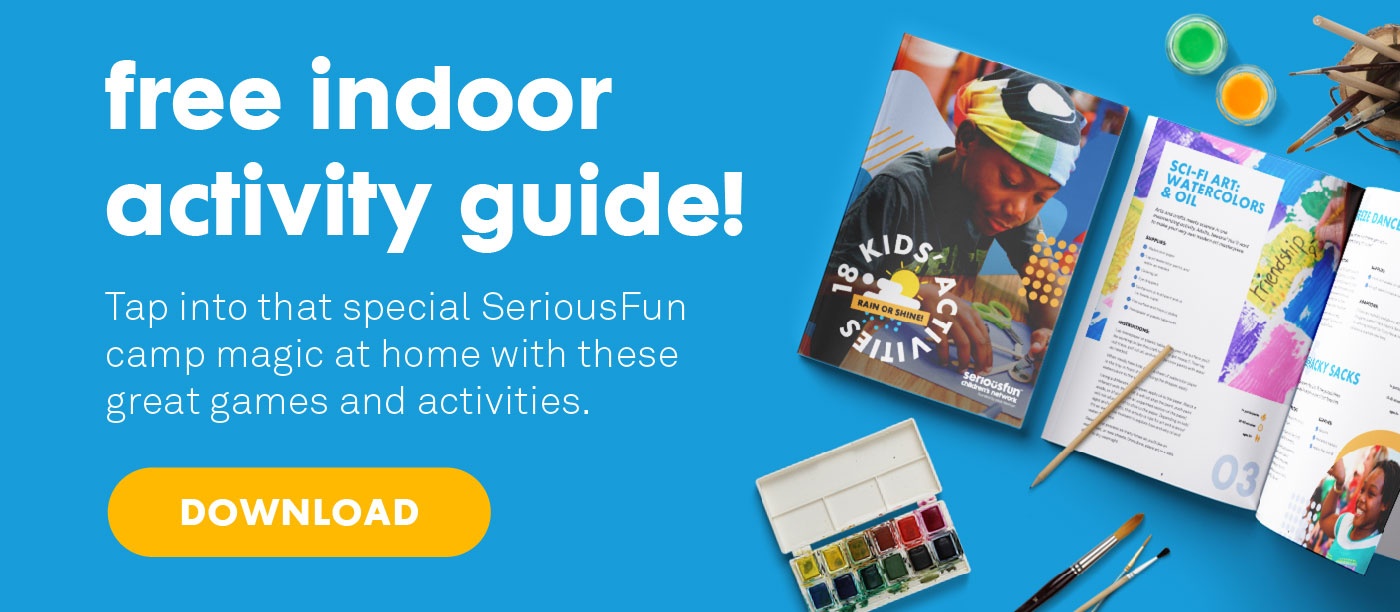
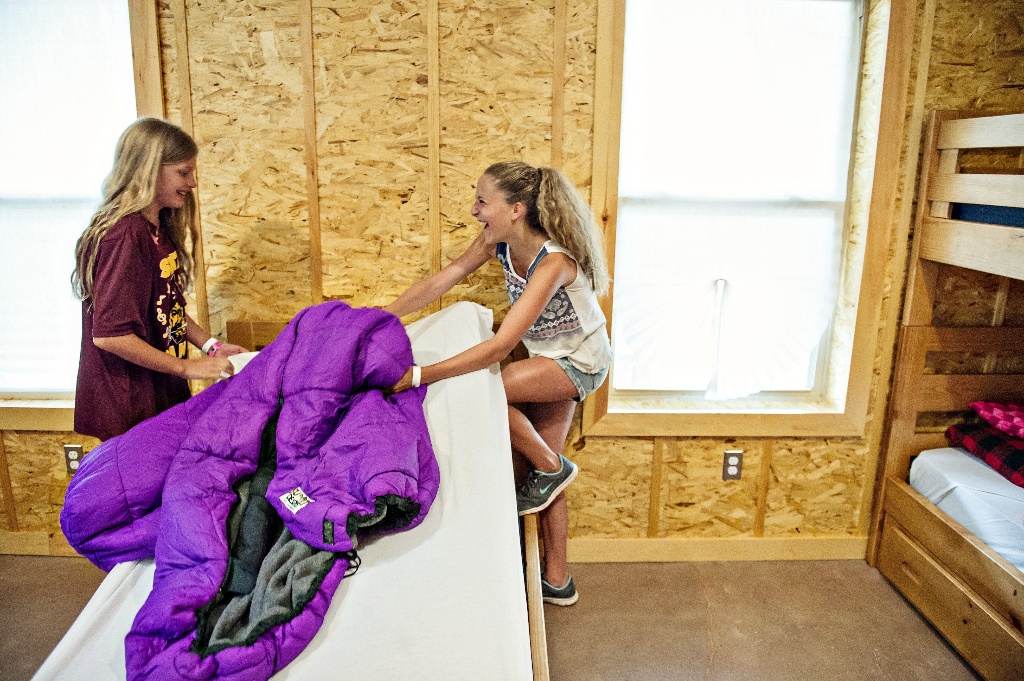
-1.jpg?width=1024&name=2018%20Session%204-45%20(2)-1.jpg)


